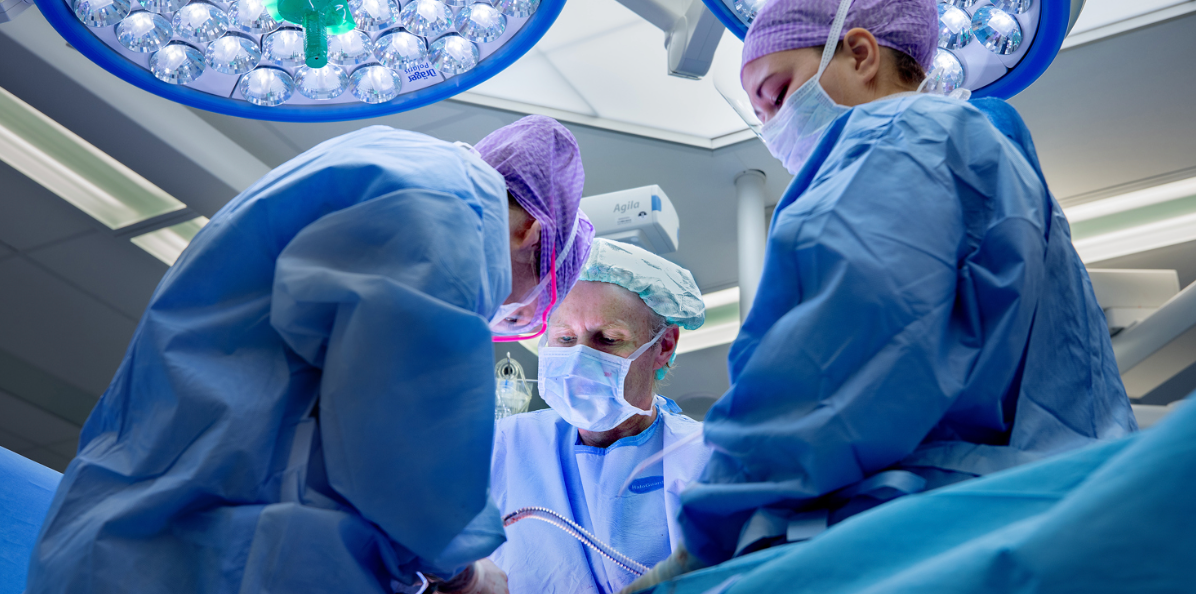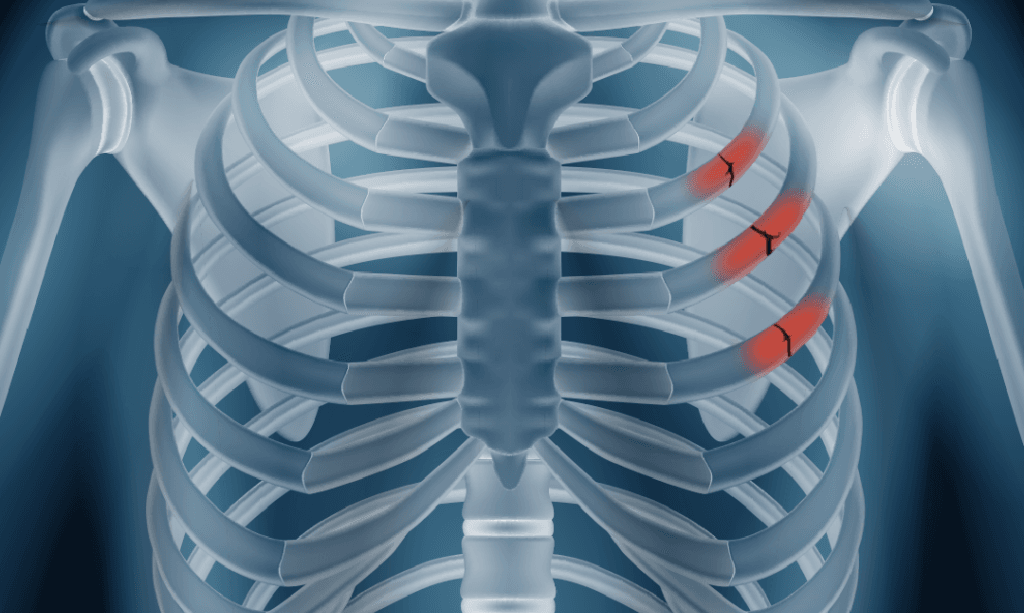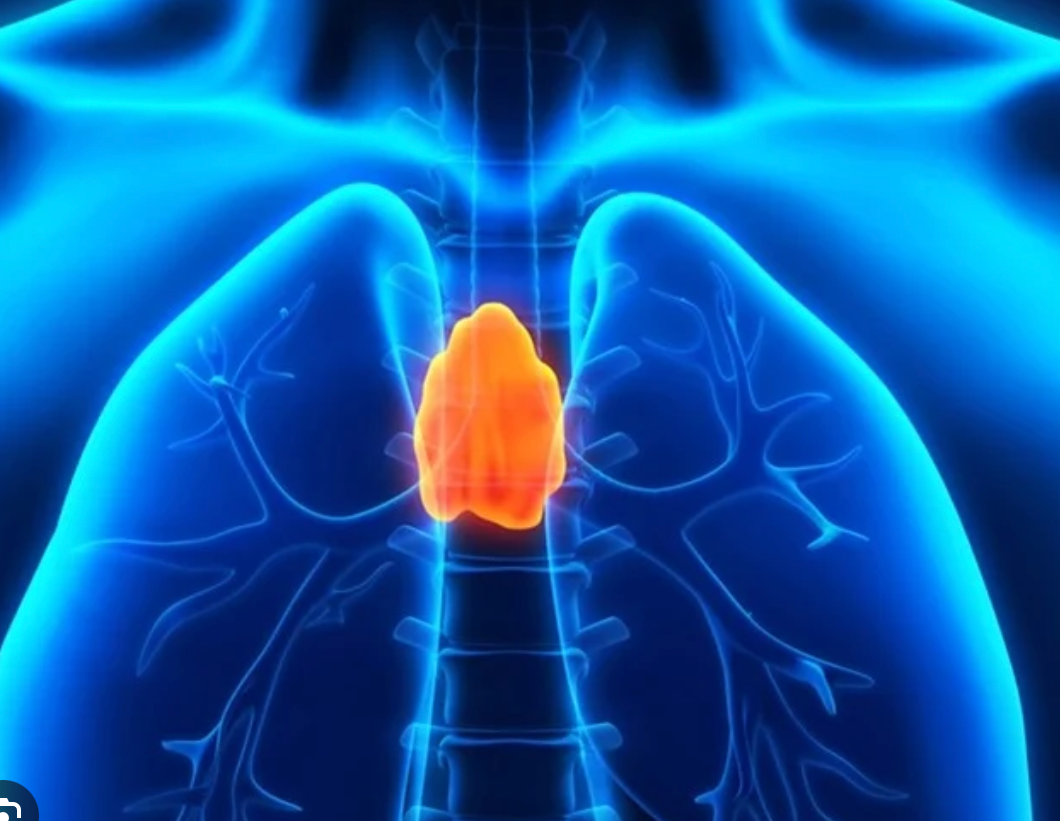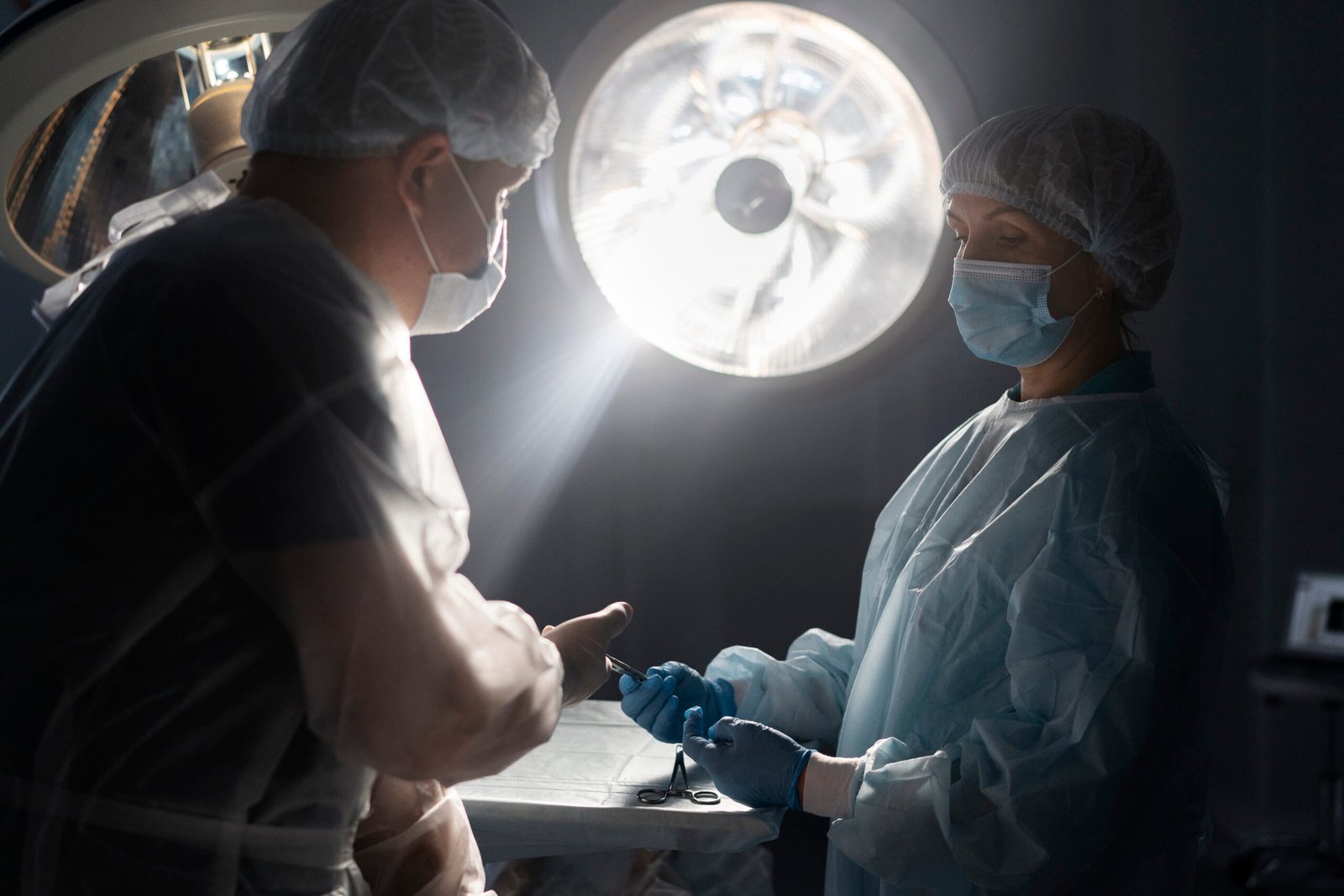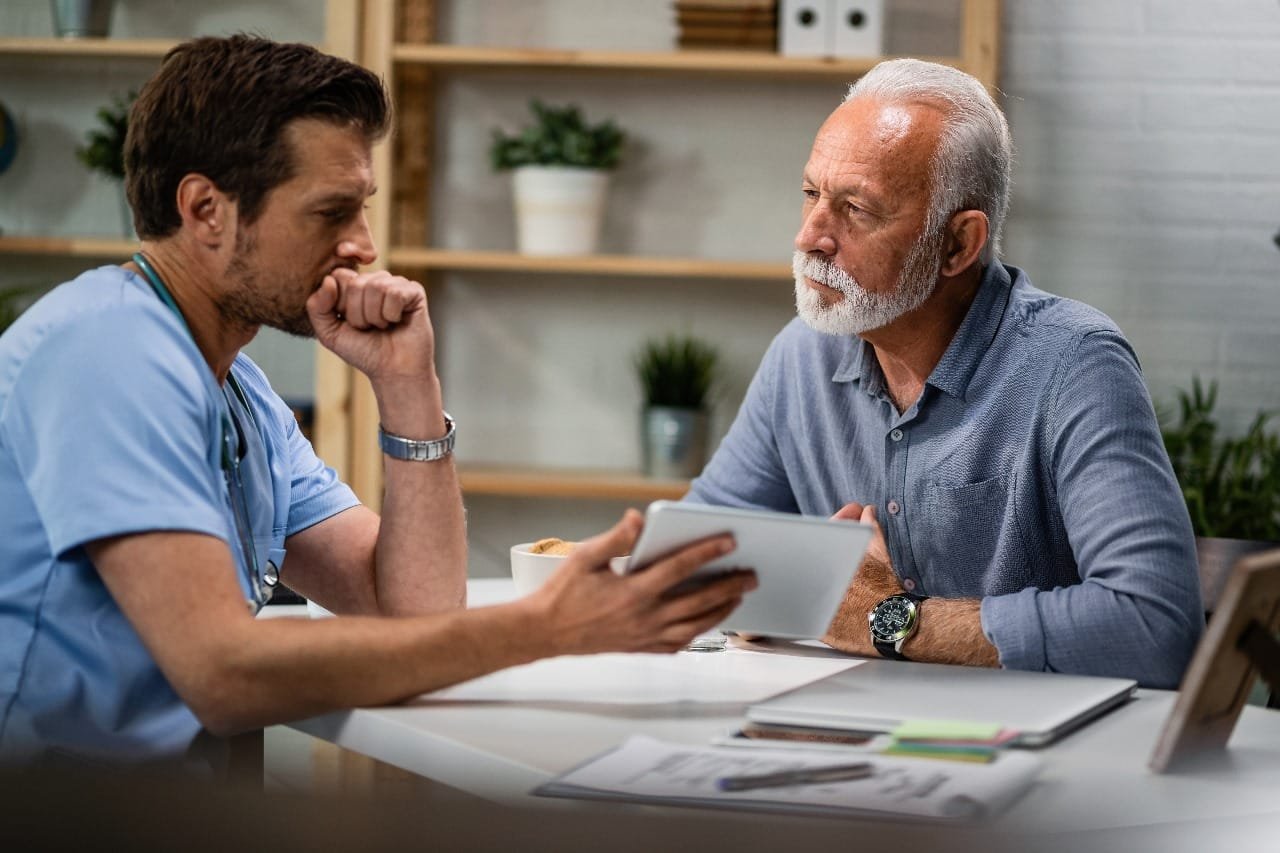A lung cancer diagnosis can be overwhelming, often accompanied by fear, uncertainty, and a host of
physical challenges. However, Lung Cancer Surgery Help Improve Life of the patients by allowing them to breathe easier and regain control over their health. In this blog, we’ll explore how surgical intervention can enhance well-being for lung cancer patients and the transformative effects it can have on their lives.
Understanding Lung Cancer Surgery
Lung cancer surgery typically aims to remove cancerous tumors or affected lung tissue. The main
types of surgical procedures include:
a) Lobectomy: Removal of one lobe of the lung.
b) Pneumonectomy: Complete removal of one lung.
c) Segmentectomy: Removal of a small segment of the lung.
d) Wedge Resection: Removal of a small, wedge-shaped portion of the lung.
The choice of surgery depends on several factors, including the type and stage of cancer, the
patient’s overall health, and lung function.
Enhancing Breathing and Lung Function
- Reducing Tumor Burden: One of the most immediate benefits of lung cancer surgery is the
removal of tumors that obstruct airways or compromise lung function. By reducing the
tumor burden, patients often experience improved breathing and lung capacity. - Relieving Symptoms: Many lung cancer patients suffer from symptoms such as persistent
cough, shortness of breath, and chest pain. Surgery can alleviate these symptoms, providing
relief and enhancing overall comfort. - Improving Quality of Life: Enhanced lung function leads to improved stamina and the ability
to engage in daily activities. Patients often report feeling more energetic and capable of
participating in social and recreational activities they may have previously avoided.
Addressing Physical Limitations
- Rehabilitation Opportunities: After surgery, many patients benefit from pulmonary
rehabilitation programs, which focus on improving lung function, strength, and endurance.
These programs provide tailored exercise regimens and education about lung health, helping
patients regain their physical capabilities. - Managing Co-existing Conditions: Lung cancer surgery can also have positive effects on
other health conditions that may have been exacerbated by lung cancer. For example, by
improving lung function, patients may experience better management of related respiratory
conditions such as COPD or asthma.
Psychological and Emotional Benefits
- Reducing Anxiety and Fear: The uncertainty and anxiety associated with living with lung
cancer can be overwhelming. Successfully undergoing surgery can alleviate some of this fear,
providing a sense of control over one’s health and future. - Restoring Hope: Surgery can provide renewed hope for many patients. With the removal of
cancerous tissue, the possibility of recovery and a healthier future becomes tangible,
motivating patients to pursue a positive mindset and healthier lifestyle. - Support Systems: The surgical journey often encourages the involvement of family and
friends, creating a robust support system. Emotional support plays a vital role in recovery,
and feeling connected to loved ones can significantly enhance a patient’s overall quality of
life.
Lifestyle Changes After Surgery
- Quitting Smoking: For patients who smoke, lung cancer surgery can serve as a crucial
motivator to quit. Stopping smoking is one of the most significant steps patients can take to
improve their lung health and reduce the risk of recurrence. - Nutrition and Exercise: Adopting a healthy diet and regular exercise regimen can further
enhance recovery and quality of life. Engaging in physical activity tailored to individual
capabilities can improve overall health and well-being. - Follow-up Care and Monitoring: Regular follow-up appointments with healthcare providers
are essential for monitoring lung health and detecting any potential recurrence early.
Staying proactive about health management reinforces the commitment to long-term well-
being.
The Role of Expert Care
The journey through lung cancer surgery can be complex, and having a skilled and compassionate
surgeon is crucial. Mr. Marco Scarci, a leading thoracic surgeon specializing in lung cancer, is
dedicated to providing patients with comprehensive care tailored to their individual needs. His
expertise in minimally invasive techniques aims to enhance recovery, reduce pain, and improve
outcomes.
Contact Mr. Marco Scarci’s office today to learn more about lung cancer surgery and how it can
help improve your quality of life. If you or a loved one is facing a lung cancer diagnosis, take the first
step towards breathing easier and embracing a healthier future. With the right care and support, a
brighter tomorrow is possible.



